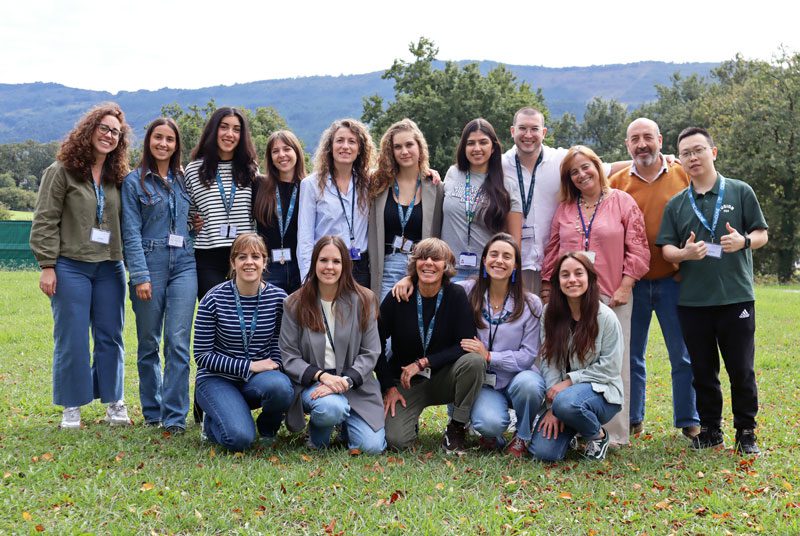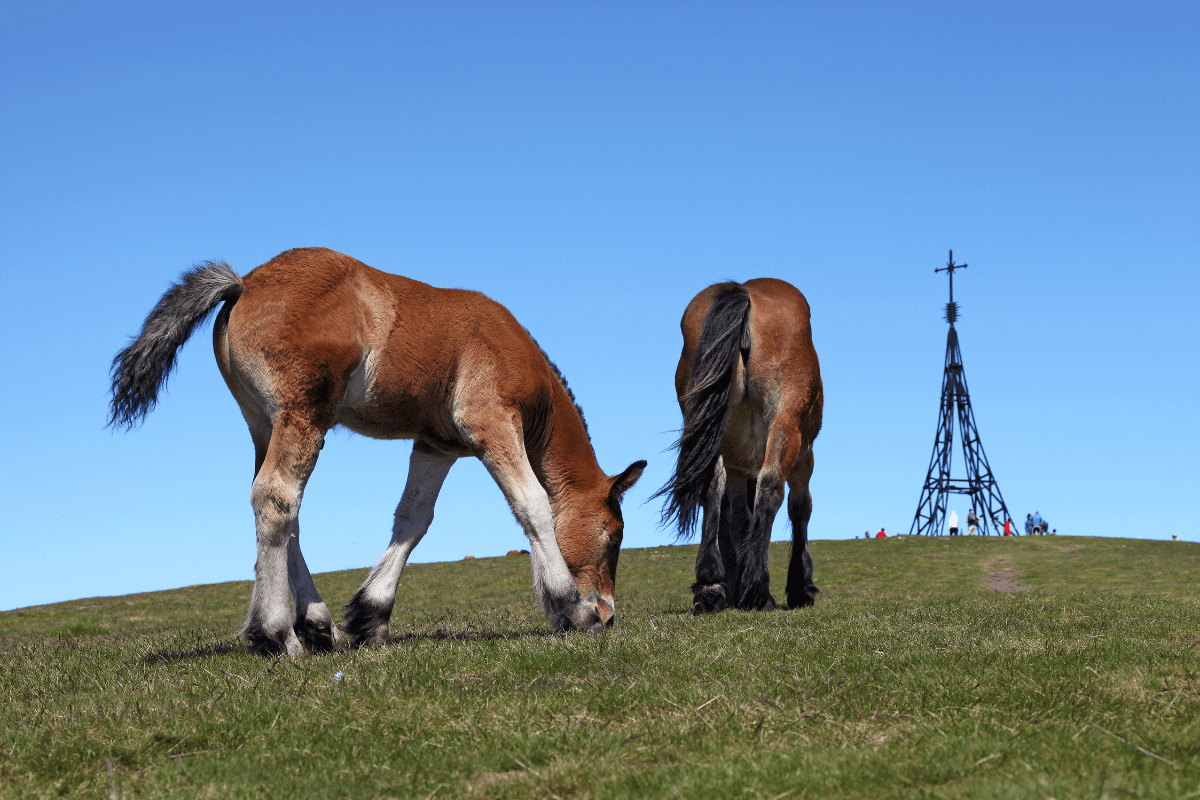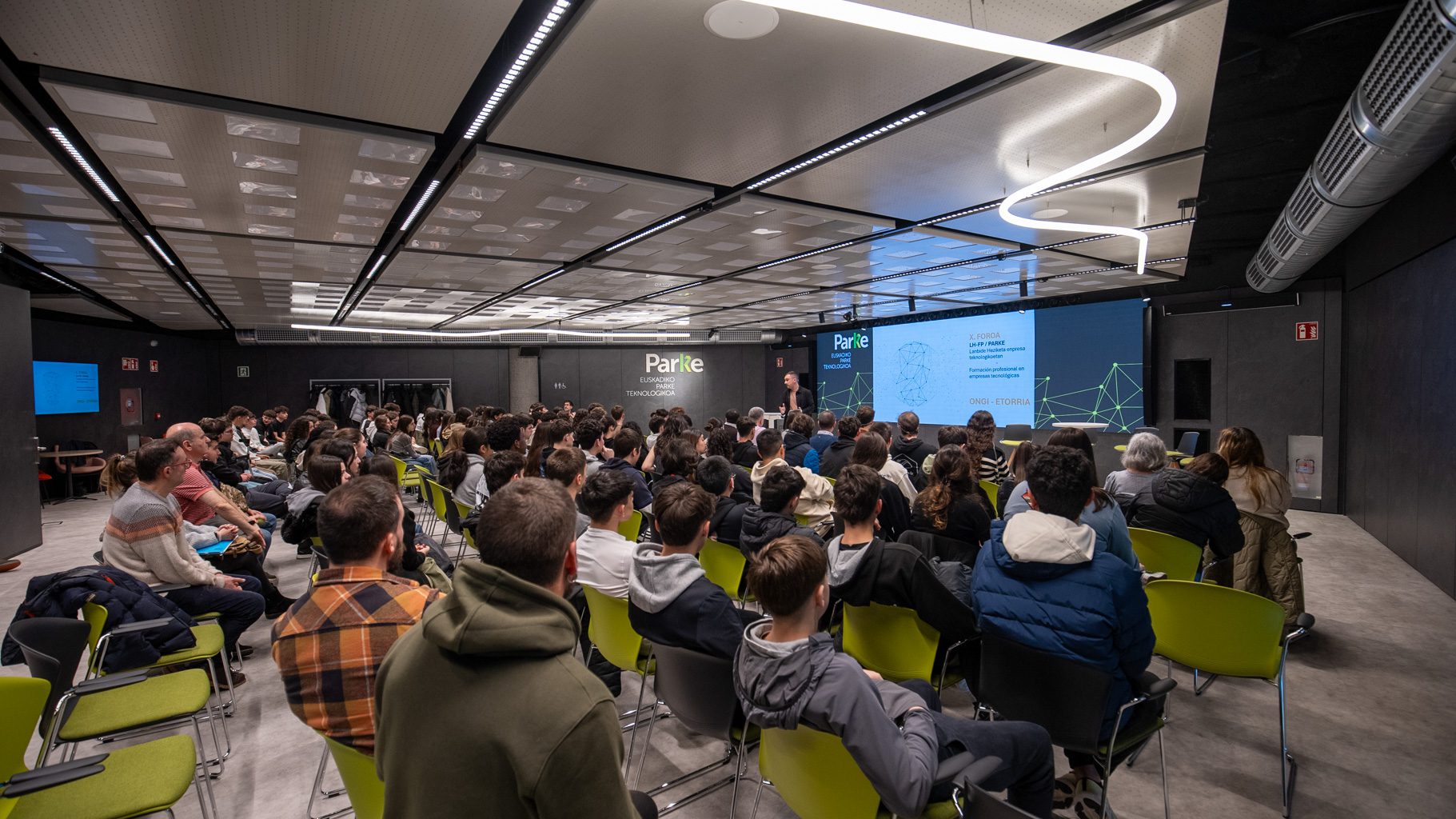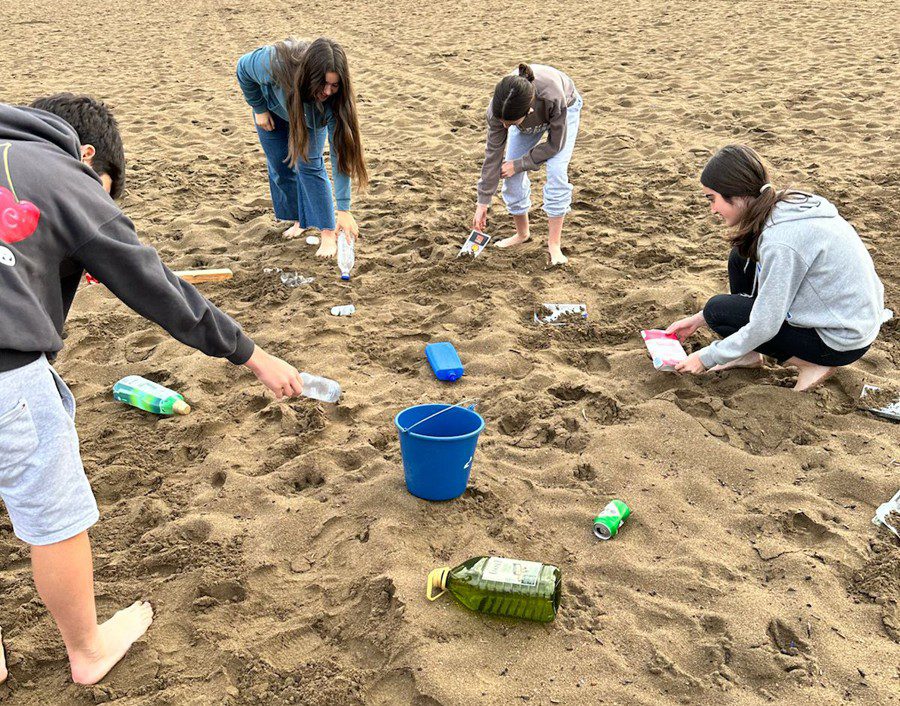The BCBL is studying whether being bilingual offers a cognitive advantage in old age depending on the level of education.
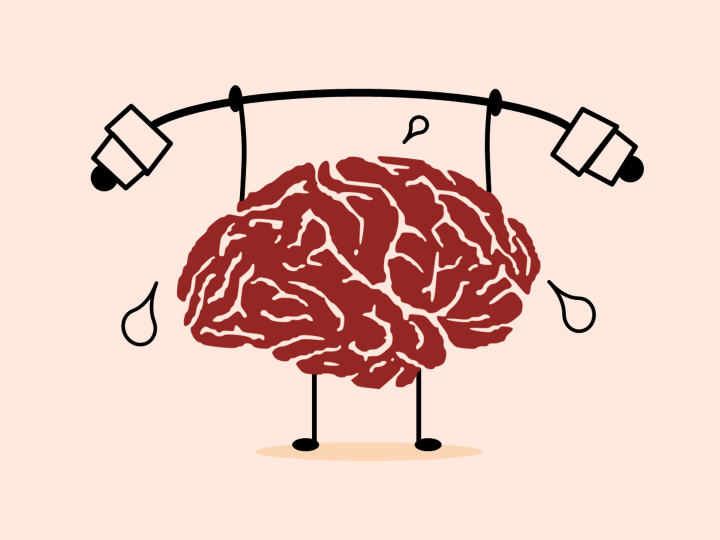
It is looking for monolingual Spanish and Basque-Spanish speakers aged between 60 and 80 to participate as volunteers in different visual and auditory tests at the centre’s facilities in Donostia.
The groups will be separated according to their linguistic knowledge as well as their educational and professional curriculum.
The research, funded by the Spanish Ministry of Science and Innovation, will help to identify factors that increase cognitive performance in order to design better prevention strategies.
The bilingual population is growing in the Basque Country, mainly among the youngest people. This fact, together with the gradual ageing of society, generates the need to investigate the effects of knowing more than one language on the health of the elderly. 
In this regard, different hypotheses and studies suggest, on the one hand, that bilingualism does not influence the cognitive performance of highly educated people; and on the other hand, that bilingual or multilingual people retain their executive functions, such as attention or decision-making, better than monolingual people. But can bilingualism be an advantageous factor in old age when the academic and professional curriculum is of a medium-low level?
To answer this question, the Basque Center on Cognition, Brain and Language (BCBL), which specialises in brain and language research, is looking for people aged between 60 and 80 who are monolingual Spanish or bilingual in Basque and Spanish to participate as volunteers in a new study that aims to find out whether bilingualism is an advantage in terms of cognitive performance in old age at different social levels.
To this end, participants will first undergo a neuropsychological assessment in order to ensure that everyone is cognitively healthy and also to ascertain both the degree of linguistic knowledge and the activities (level of education, professions pursued, etc.) that may have influenced their cognitive performance throughout their lives.
The volunteers, monolingual and bilingual, will also be divided into monolinguals and bilinguals with a high level of education and people with a medium-low level of education.
Auditory and visual tasks
The four resulting subgroups will perform a series of cognitive, auditory and visual tasks, with varying degrees of difficulty, to study cognitive performance and, above all, executive functions, which depend on the integrity of the prefrontal lobe and the fronto-parietal and fronto-basal circuits.
“These areas and circuits deteriorate substantially during healthy ageing, which is why elderly people tend to show a more marked decline in executive functions than in other cognitive functions,” explains Jesús Cespón, BCBL researcher.
In most tasks, the reaction and response time to relatively simple stimuli, such as pressing the left key on a device when hearing the word “left” or “right” in the left ear, will be assessed. In this way, the participant will have to inhibit the perceived semantic information in order to respond correctly and to do so in the shortest possible time.
The electrical brain activity will be recorded during the tests using electroencephalography (EEG), a painless and non-invasive technique that will also identify how the study factors (bilingualism and education) modulate the brain’s processing of information and decision-making.
Once the entire data collection process with the volunteers has been completed, the results of the behavioural test and EEG performance will be evaluated by statistical analysis. The knowledge gained will help to improve the design of strategies to prevent cognitive decline associated with both healthy ageing and pathological ageing in Alzheimer’s disease, for example.
Those interested in participating in the BCBL study, funded by the Ministry of Science and Innovation of the Spanish Government, can contact the centre by email at participa@bcbl.eu.
